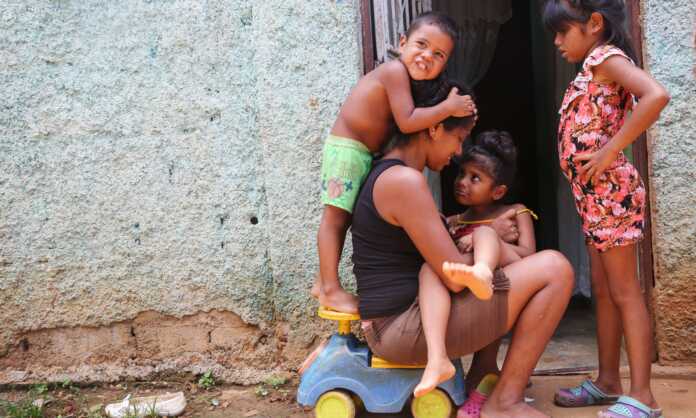On the occasion of World Ecology Day, celebrated on November 1, the coordinator of the Venezuelan environmental organization Clima21, Alejandro Álvarez, affirmed that the country is experiencing a triple crisis that affects the entire population in the form of pollution, loss of biodiversity and climate change.
In a recent interview, Mr. Álvarez warned that Venezuela has been going through a major crisis in the last two years, especially in the south and west of the country.
“In the south, the crisis is the result of illegal mining and its effect on deforestation, mercury contamination and a sharp increase in malaria and sexually transmitted diseases that will have repercussions for the entire nation,” Álvarez said, referring to the state of Bolivar.
Meanwhile, “another serious crisis is taking place in western Venezuela in the form of recurring oil spills in Lake Maracaibo (Zulia state) and the Coro Gulf in the state of Falcón,” he added. Regarding Lake Maracaibo, the expert stated that an enormous potential for development is being wasted in the region.
Mr. Alvarez also explained that climate change is advancing and will continue to affect mainly the most disadvantaged sectors of the country, including indigenous women, people in rural areas and people with disabilities. He used a short story as an analogy: “When he woke up, he noticed the dinosaur in the room. And our dinosaur in the room is climate change”.
Being aware is the first key step
Mr. Álvarez indicated that first of all, the population must be aware of the importance of a healthy environment for life. “We are already experiencing life without clean water, healthy food or adequate living conditions where there is no risk of flooding or landslides and where we can have the possibility of eking out a living,” he explained.
Secondly, he stressed the need to have people at the forefront of the action and start from “small changes to larger ones, and from communities to higher levels of government.” According to Álvarez, citizens need to demand compliance with the law, which already establishes the imperative of a healthy environment.
Finally, Alvarez insisted on the role of the media to educate on and promote the need for a healthy environment.
Translated by Jose Rafael Medina




